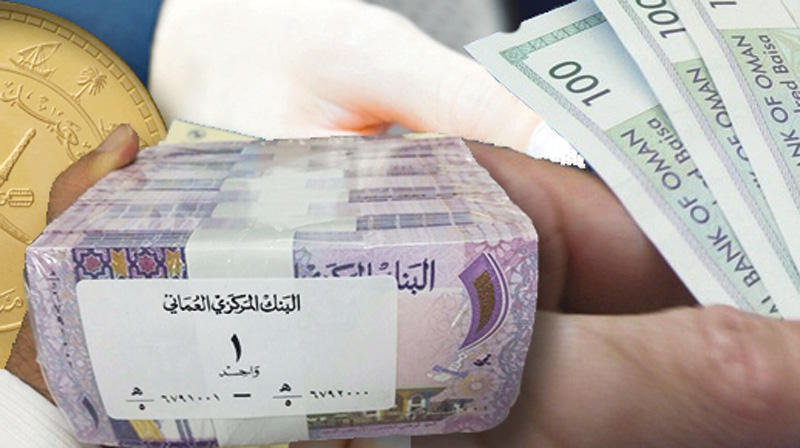

MUSCAT, JAN 6 - A sizeable uptick in tax revenues in 2019 has been credited to the establishment of a new tax institution coupled with improvements in tax collection procedures. According to the 2020 State Budget unveiled last week, non-hydrocarbon revenues are projected to surge 13 per cent to around RO 3 billion in 2019 compared to projections in the 2019 budget. The growth has been attributed to a nine per cent increase in tax revenues, as well as an 18 per cent jump in non-tax revenues for the year. Also set to “improve the efficiency of tax collection” is the establishment of a new Tax Authority, the Ministry of Finance noted in its 2020 Budget Statement.
The enhancements in Oman’s taxation regime bode well for revenue growth through improved tax collections, say market experts. “Projected tax revenue for 2019 is higher than budgeted,” said EY, a global leader in assurance, tax, transaction and advisory services. “This may be attributed to increase in the number of investors into the country as well as improved economic performance of businesses in Oman,” the professional services firm said in a brief on the 2020 Oman Budget. Excise tax implemented from mid-2019 has also increased tax revenue, according to EY. “Improved efficiency of tax and fees collection can be expected in 2020, especially due to the establishment of the Tax Authority during 2019,” it stated.
Contributions from taxes and fees are project to grow, according to KPMG Oman, another global professional services firm. In analysis of the 2020 Budget, it noted that Corporate Taxes are projected at RO 550 million in 2020 (up from RO 500 budgeted in 2019), while other taxes administered by the Tax Authority are estimated at RO 100 million (similar to 2019 Budget). Customs duties of RO 280 million in 2020 are 12 per cent more than the 2019 projection of RO 250 million, while Telecom License Fees are estimated at RO 75 million this year. Fees for expatriate permits are expected to raise around RO 280 million in 2020 (versus RO 287 million projected in 2019). Revenues from other taxes and fees are estimated at RO 288 million in 2020, down from RO 313 million in 2019.
Auguring well for the growth of a sound taxation system in the Sultanate is the introduction of a new Tax Institution to enhance tax policy and administration. It follows Royal Decree 66/2019 issued in October last year announcing the setting up a dedicated Tax Institution reporting directly to the Council of Ministers. The Decree directs the transfer of the powers, prerogatives, allocations and assets of the Secretariat General of Taxes (SGT) at the Ministry of Finance, as well as the employees of the SGT, to the new institution. In a subsequent Royal Decree, Sultan bin Salim al Habsi, who is Deputy Chairman of the Board of Governors of the Central Bank of Oman, was named Head of the Tax Institution. The bylaws and organisational structure of the Tax Authority are expected to be unveiled this year.
Oman Observer is now on the WhatsApp channel. Click here



